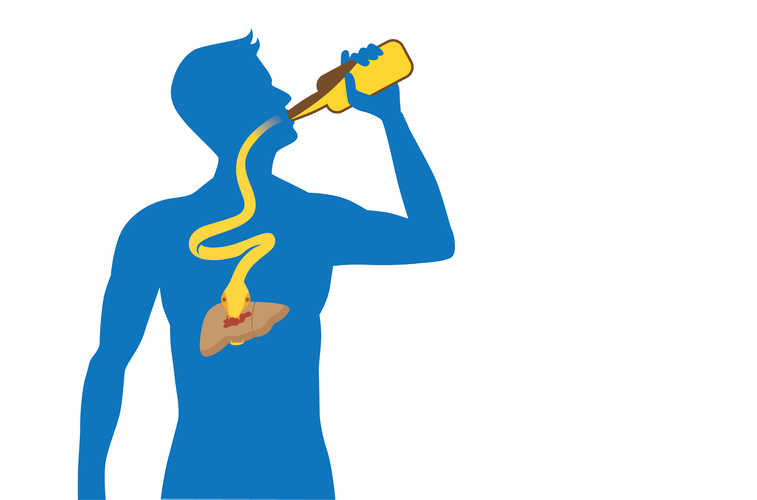Sober living homes operate under a set of specialized rules tailored to ensure a smooth transition from rehab to a more independent life. These rules are not just arbitrary; they are rooted in evidence-based practices known to aid in sustained recovery. Sober living rules place an https://southendstyleblog.com/2015/08/19/travel-guide-sicily-italy/ emphasis on mutual respect, accountability, and skill-building, serving as a framework for both individual and collective success. Sober living rules regulations are crucial in creating a harmonious living space, making it easier for residents to focus on their recovery goals.

What role do house managers play in enforcing sober living house rules?
Additionally, maintaining your sobriety typically requires a home that is free of substances. Sober living facilities are often thought of as a sober person’s pipeline to life in mainstream society. In addition to reducing the risk of relapse, recovery residences have other benefits.

A Complete Guide To Sober Living Homes
Many of those in the early phase of recovery find it challenging to move from the structured environment of residential rehab directly into independent living. At a sober living home, you can benefit from a house manager who will oversee operations, and you can count on other residents for help as you move toward independent sober living at home. You can join http://comass.ru/preparaty/894–.html a sober living home immediately after rehab, or you may find that adjusting to life outside of rehab is difficult. That’s when sober living can help with the transition from rehab to your normal environment. Not everyone who goes through drug or alcohol detox and rehab will need this step, but sober living can help reinforce what you’ve learned in rehab.
What Rules Apply in a Sober Living House?

Residents may bring in food, and more sober homes are allowing residents with chronic health problems or specific recovery medications to bring in prescriptions; however, prescription drugs are closely monitored. The average stay in a sober living home is 90 days, but arrangements can be made for a longer stay. In a sober living house environment, professionals are available to help you navigate major changes in your new life. They can also help you determine what length of stay is the right one for you.
What Are the Resident Requirements at a Sober Living?
- Rules vary depending on each home or accrediting organization, but most sober living homes have several rules in common.
- Some recovery houses accept donations of clothing, household goods, and other items for use by residents or to sell to make money to offset the facility’s costs.
- Sober living homes are generally less strict than halfway houses and allow residents more independence in terms of curfew, visitors, and access to technology.
- It is against the patients’ expectations that every home can be different from their liking; some may be a haven where alcohol and drugs are prohibited.
- A sober living home is a temporary transitional living space for people recovering from substance abuse.
- The same research also identified operational characteristics that improved the success rate of sober houses.
Level III homes employ administrative staffers, such as a facility manager and certified staff of case managers, and maintain an organizational hierarchy. Adding on to previous Levels’ services, Level III includes an emphasis on life skill development, offsite clinical services and in-house service hours. Read on to learn more about sober living houses, including how they function, whether one may be right for you or a loved one and how to find a reputable facility in your area.
Sober Living Houses
- Ben Lesser is one of the most sought-after experts in health, fitness and medicine.
- With little structure and monitoring, someone new in their recovery may want to a higher-level sober living home.
- Sober living homes and halfway houses are both types of residential environments designed to support those in recovery from addiction.
Staff at sober living communities may also provide connections to other licensed and accredited professionals relevant to your recovery journey. Searching for addiction treatment or recovery housing can feel overwhelming; however, https://vmeda.spb.ru/page4.html there are several resources to help you find the appropriate care and support. Some homes may require that you commit to staying for a specific period of time to help establish a solid foundation for life after recovery housing.
- Sober living can be an important transitional step in the recovery process for those who have completed an inpatient treatment program and are transitioning back into everyday living.
- Most residents find a job to pay out of pocket or set up a payment plan with the home.
- The homes usually include a kitchen, common areas and laundry accommodations.
- Consequences for violating rules in a sober living home can vary, but they typically aim to promote accountability and a supportive recovery environment.
- Level III homes employ administrative staffers, such as a facility manager and certified staff of case managers, and maintain an organizational hierarchy.
- Sober living houses are often used as a transitional step for people who have completed an inpatient treatment program and are not yet ready to return to everyday living.
